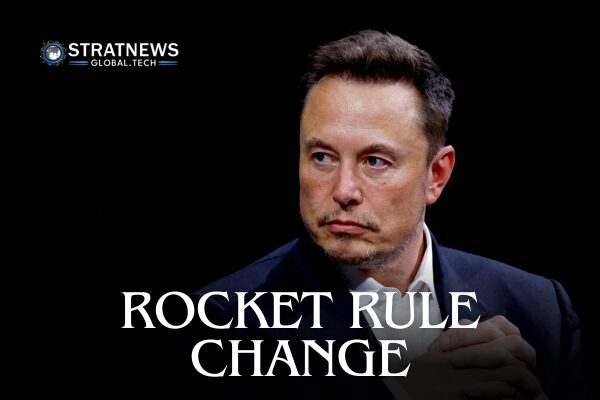Trump Order Aims to Speed Up Commercial Launch Approvals
US President Donald Trump has signed an executive order aimed at streamlining federal regulations for commercial rocket launches. The move could provide a significant advantage to private space companies, particularly Elon Musk’s SpaceX.
The order instructs the US transportation secretary to cut or speed up environmental reviews for launch licences managed by the Federal Aviation Administration (FAA). It also directs the secretary to remove any outdated, redundant, or overly restrictive rules for launch and re-entry vehicles.
Trump’s directive argues that slow permitting processes discourage investment and innovation, holding back US companies from leading in the global space industry.
SpaceX Likely to Benefit the Most
While the order from Trump does not name SpaceX, the company stands as the most likely immediate beneficiary. SpaceX conducts more launches than any other US entity, including NASA, the Pentagon, and commercial clients.
Other companies, such as Jeff Bezos’ Blue Origin, could also gain from relaxed regulations, especially in areas like space tourism.
Musk has frequently criticised the FAA for delays caused by environmental impact studies, post-flight investigations, and lengthy licensing reviews. These have slowed the testing of SpaceX’s Starship rocket, developed at the company’s South Texas site.
Starship’s Role in Space Ambitions
Starship is central to SpaceX’s long-term plans and to NASA’s vision of returning astronauts to the moon. It is also key to goals of establishing a permanent human presence there and eventually sending crewed missions to Mars.
Musk views FAA oversight as a challenge to SpaceX’s risk-tolerant engineering culture. The company often pushes prototypes to failure before refining designs through repeated testing.
However, this approach has sometimes conflicted with the FAA’s duty to protect public safety and the environment. Earlier this year, the FAA grounded Starship flights for almost two months after two explosions scattered debris over the Caribbean and disrupted airline routes. The FAA later widened aircraft hazard zones before approving future launches.
with inputs from Reuters


